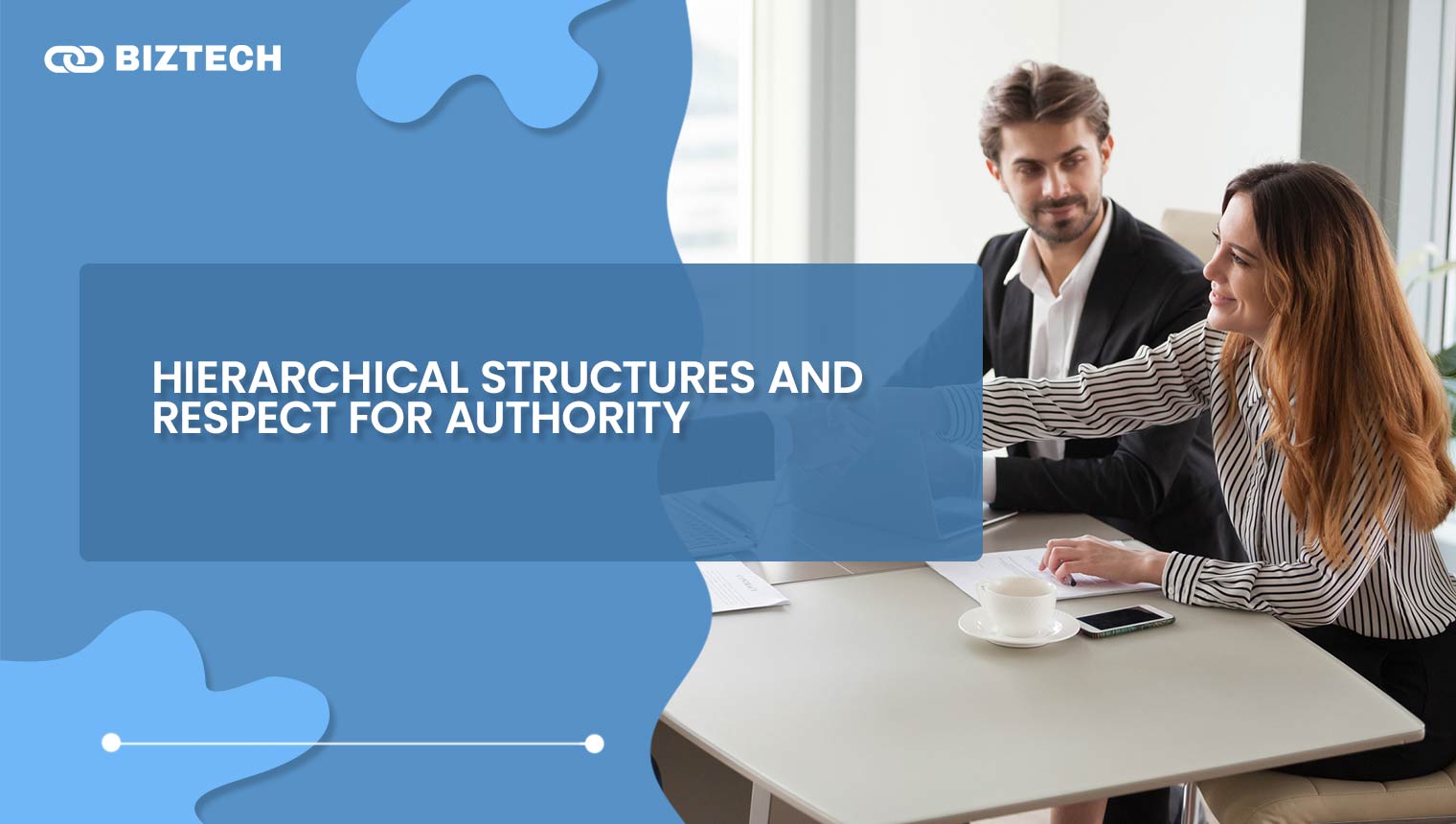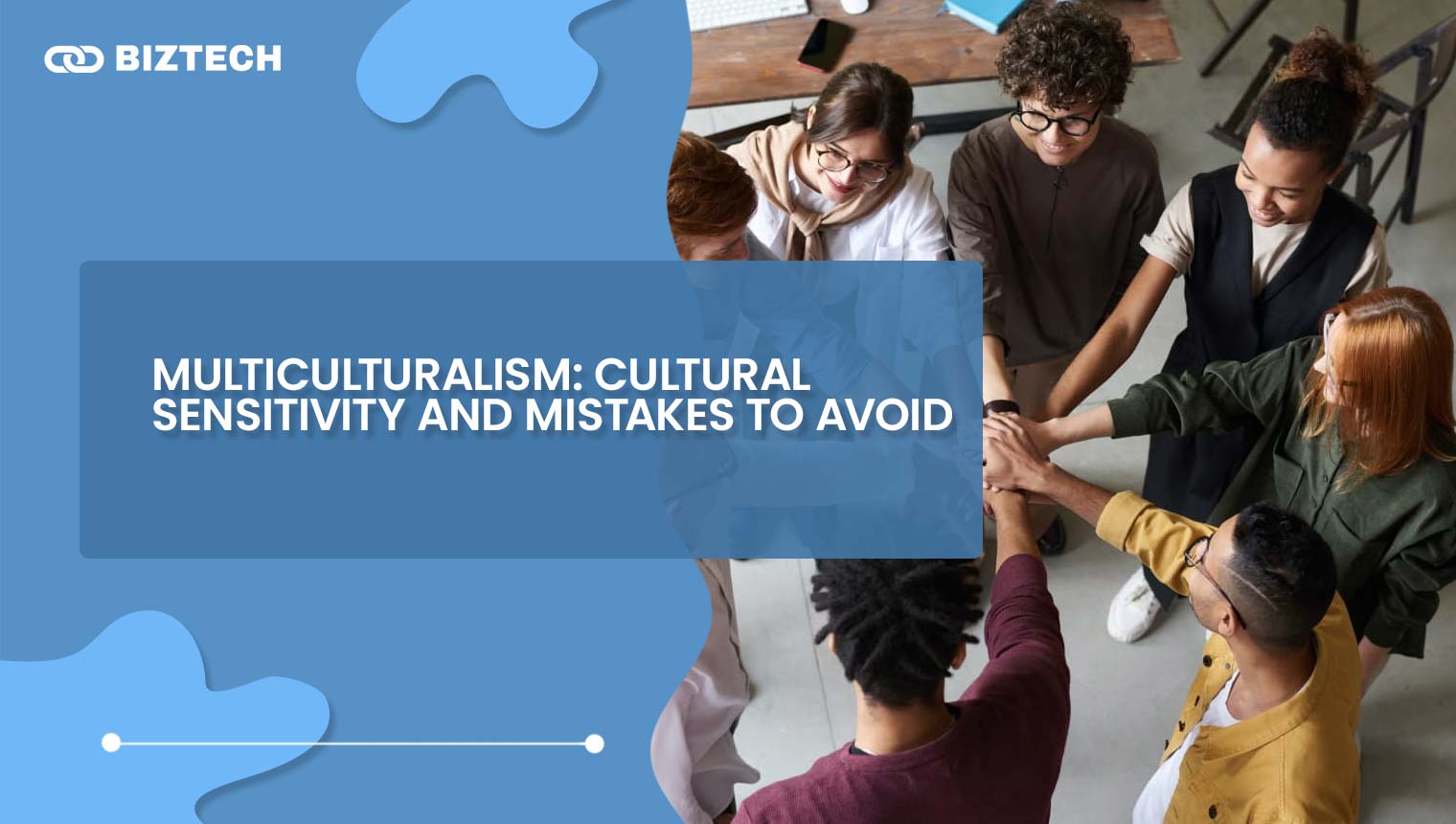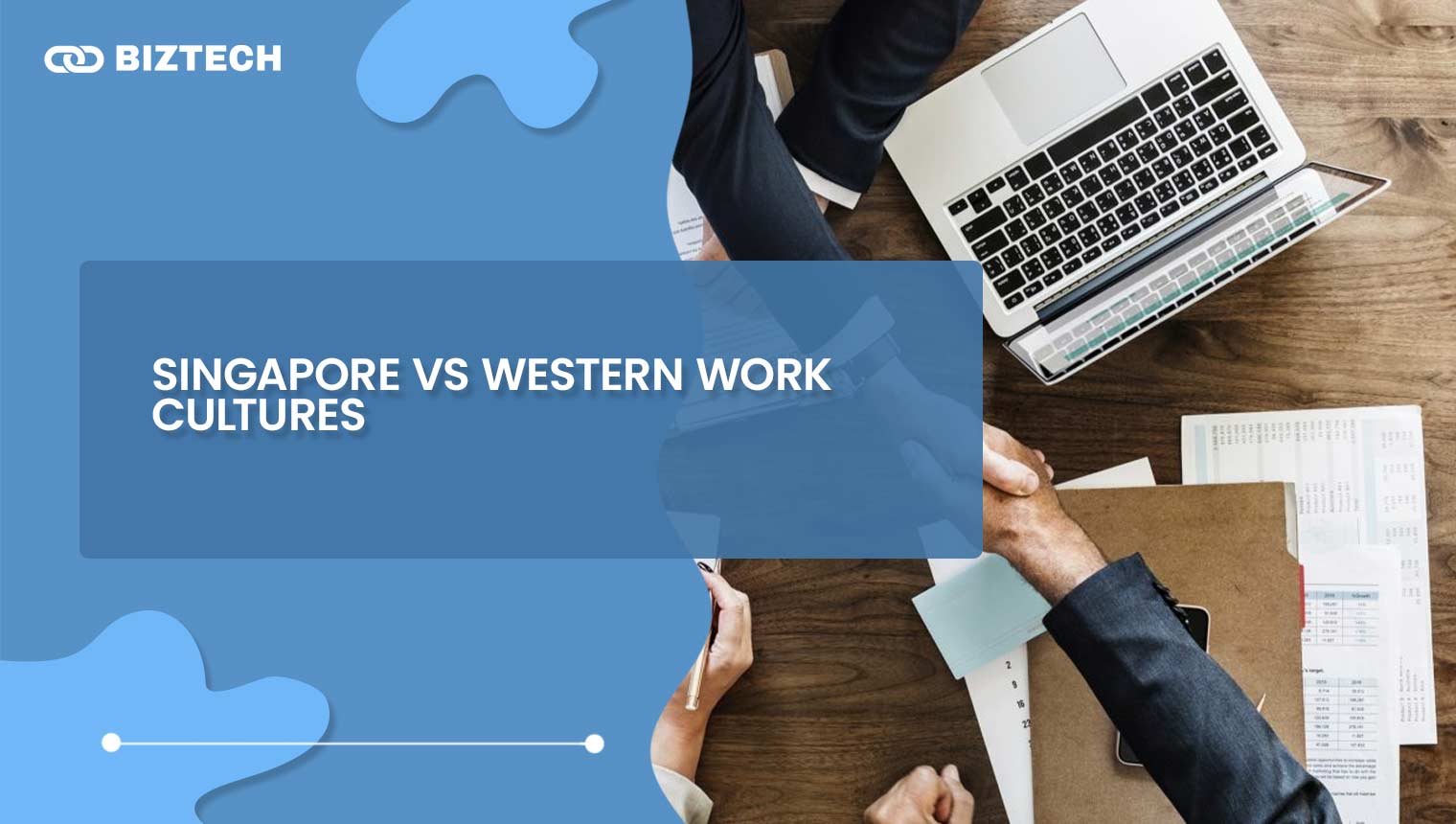If you’re reading this, chances are you’ve just bagged a job in Singapore – congratulations!
Working and living in Singapore may be familiar to people living in many metropolitan cities worldwide, but it has its own rules and quirks.
Fret not. While adjusting in Singapore may take some time, it is simple. To help you with your brand new journey, we’ve covered the many things you must know about Singapore’s work culture and how to navigate it.
Table of Contents
Understanding the Singaporean Workplace

The country’s rapid growth has brought about many different cultures in Singapore. So, it is safe to say that the Singaporean workplace today blends Eastern and Western work cultures.
An easy observation that you will make is that more prominent and more multinational companies tend to exhibit Western work cultures. Meanwhile, more local companies or even working for the government would lean towards the Asian working culture.
Although both cultures have differences, the local government has done a decent job of ensuring a good understanding between different cultures and that everyone can work in a harmonious environment while embracing diversity.
Working Hours and Work-Life Balance

Working Hours
In terms of working hours, you’d be spending the standard 40 hours a week (5 working days) schedule. However, this is highly dependent on your workload. It is pretty standard to stretch your work day at times to meet deadlines set. Lunch breaks are often for an hour, and generally, many managerial and professional jobs do not offer any overtime compensation.
Typical overtime policies and regulations
Speaking of overtime, you must be aware that if your job does compensate you for overtime, according to Part IV of the Employment Act in Singapore:
- You must receive at least 1.5 times the hourly introductory rate of your pay
- This payout must be made within 14 days after the last day of the salary period
- You cannot be asked to work for more than 12 hours a day
- And, your overtime work is limited to 72 hours in a month
Ensure that your employers adhere to the above pointers as it will otherwise violate the Employment Act.
How can you manage work-life balance in a fast-paced environment?
Now that we’ve covered typical working hours in Singapore, how can you live a balanced life in such a fast-paced environment? Here are some valuable tips to help you navigate it :
Practice time management
If you have no idea where time went, it’s critical to start managing your calendar (both at work and home) more efficiently. Are your grocery shopping trips taking you more than 3 hours? Consider shopping online and having it delivered once you’re home. That way, you will have 3 hours to do simple exercises, for example.
Set healthy boundaries
Sometimes, it is essential to say no to others, although it might be difficult. Set limits to your work time and plan some time out for other activities that will rejuvenate your day.
You can also stick to some great habits, like turning off your work email notifications after hours or going offline for a few hours.
Ask for flexible working arrangements
Discuss flexible working arrangements openly with your managers and how they can help you feel more balanced between work and life.
This can mean less commuting in a week, less stress in the morning, or enabling you to commit to other activities after working hours, thanks to not needing to commute home. It can also mean opting for a four-day workweek instead of the standard five days.
Whatever the case may be, discuss these arrangements with your superiors to see if you can create a well-balanced work-like arrangement.
Prioritise quality time
The best coping mechanism for stress is to lean into your social support network regardless of whether they are friends, family, partners or your community.
A solid and positive relationship with those around you can help build resilience and provide support when dealing with stress.
Therefore, prioritise spending quality time with your support system and nurture and develop strong relationships to support each other during tough times.
Hierarchical Structures and Respect for Authority

Primarily influenced by the predominant Asian races that make up the society, the work culture in Singapore is also heavily influenced by the same values. In other words, hierarchical structures and respect for authority are prevalent in many organisations.
In a local organisation, you will observe that the power of decision-making often lies at the very top of the structure. You will also be expected to show respect for authority and for those who are hierarchically on top of you.
That is not to say that you cannot show a sense of camaraderie, but it is a fine line between formality and respect for your seniors. For example, discussions or disagreements should only be addressed one-on-one and privately. This directly connects to the concept of ‘face’ that is prevalent in Singapore.
Hierarchy in MNCs vs local companies
But how is this different from MNCs? Isn’t respect still important? Of course, it is! However, there are some significant differences in how an international workplace functions versus a local one.
Let’s take a look at some of the ways MNCs are known to function differently from local companies:
- Direct communication is encouraged amongst colleagues and even between someone of higher hierarchies
- Disagreements are fuel for change and improvement – no ‘face’ saving culture as long as done with respect
- Less formal interaction between colleagues and superiors, fostering a friendly and less formal attitude
At the end of the day, irrespective of where you work, it is essential to respect one another at your workplace. Although navigating hierarchies may be complicated initially, we recommend you share and discuss your doubts with local colleagues who can help you navigate your workplace.
Collectivism and Teamwork

Another important facet of the Singapore work culture is the importance given to collectivism and teamwork in the workplace.
What does this mean for you when working in Singapore? It’s simple—always prioritise working well with your teammates and contributing to goals collectively. It is also imperative to keep communicating with one another politely while always listening and being open to others’ opinions.
This type of collectivism and teamwork is preferred in most work cultures in Singapore, where instead of striving individually, you earn recognition as a team, help each other, and learn from one another.
Tips to be a good team player
- Be a good communicator: When you can communicate clearly and receive feedback openly, you will definitely connect better with your teammates.
- Take initiative: Although you will receive help from your team, take initiative and check in with other team members and see if they need help. Your proactiveness will also mean that you are reliable.
- Share knowledge and information: Don’t gatekeep! If you’ve found a helpful online resource, share it around!
- Be open-minded: Your diverse team will have many different strengths and skill sets. Keep an open mind, as you will learn something new, and so will your teammates.
Dress Code and Professional Attire

Work culture in Singapore is also pretty formal when it comes to dress codes. Unless stated otherwise, dress codes for most workplaces are formal, and men are usually in long-sleeved shirts and pants or suits. Women, on the other hand, are usually clad in pantsuits, formal dresses, and smart blouses, with appropriate formal shoes.
This can vary, as you might observe younger and more entrepreneurial companies embracing a more casual look like collared T-shirts, jeans, and sneakers. Some industries also require their workforce to dress a specific way; for example, most hospitals require that their workforce be dressed in specific uniforms and scrubs.
Dressing for the Singapore Work Culture
The most important aspect of a dress code is that you appear polished and follow the rules set by your company. However, here are some practical tips for dressing appropriately in various work settings:
- Ensure that your attire is clean, wrinkle-free and fits you well
- Keep jewellery at a minimum and choose those that complement your outfit well
- Personal hygiene is also equally important – use deodorant, get a good haircut or tie your hair neatly when going to work.
- Observation is key! Look at how your colleagues dress to work to figure out what other additional garments to add to your work wardrobe.
Communication Styles and Saving Face

Regarding communication style, it is common to see that most communication is indirect within the workplace culture in Singapore. You will hardly find anyone who is overtly direct and blunt, as it is common for society to avoid confrontations.
In that case, any feedback or discussion is often done privately and one-on-one instead of in a group setting. This directly relates to the concept of saving ‘face’ in Singapore.
The concept of ‘face’ dictates that you do not publicise your disagreements in front of others, directly saving ‘face’ for parties involved and creating a harmonious work culture.
Tips for Effective Communication
- Practise active listening when communicating with your colleagues and superiors so that you can better understand and engage with what they say.
- Use the right channel of communication to deliver your message. Not all messages should be sent via email, and since the concept of saving ‘face’ is crucial, know when to use face-to-face communication.
- Try never to interrupt your superiors. Everyone will get a chance to voice out. Even if you don’t, you can approach your superior privately to convey the message rather than interrupting them, which might look disrespectful.
- Observe the body language of those around you. Sometimes, it will be helpful to see if it is a good time to speak to someone just by looking at their body language. This way, you can avoid approaching someone who may not be in the right mindset.
Common misunderstandings and how to avoid them
It is sometimes inevitable, even with the purest intention, to avoid misunderstandings with those you work with. Below are some common misunderstandings at the workplace that we’ve seen and how you can avoid them :
- Miscommunication – When messages are unclear, the chances of being misunderstood are very high. To avoid this, make sure that you are using the appropriate channel to communicate.
- Creative differences – Everyone is unique and different; therefore, creative differences are common. To avoid this, we recommend having a team brainstorming session to get all the ideas out before planning the next steps in your project.
- Keeping work and social life separate – Most of your colleagues do not divulge details about their social lives. Therefore, we suggest that you do not pry into your workmates’ lives too much to avoid any conflicts.
Multiculturalism: Cultural Sensitivity and Mistakes to Avoid

Since Singapore is made up of many different races and religions, you must remember that showing cultural sensitivity is very important and part of every workplace culture in Singapore.
Chinese people make up almost 75.2% of Singapore and, therefore, will be the majority of those you will work with. They value hierarchical relationships and, therefore, place a huge importance on showing respect to the elders or superiors at work.
When working with them, remember to:
- Introduce in order of age seniority, even if by ranking someone junior has a higher ranking.
- Clarify how to address them in the office – should you use their first name, or do they prefer a nickname? It is also wise to ensure that they know how to address you in return.
Besides your Chinese colleagues, you will also work with Malay/Muslim colleagues. There are a few things to keep in mind when interacting with your Malay/Muslim colleagues:
- Do not have any close contact with the opposite sex, which translates to no handshaking or hugging a colleague of the opposite sex.
- Pay respect to their prayer time and their space to pray. Avoid making loud noises during this time, and remember that they can perform these prayers throughout the day.
- Do not consume any non-halal food or beverages around your Malay/Muslim colleagues.
Singapore vs Western Work Cultures

Some notable differences will stand out when you compare the workplace culture in Singapore to the Western work culture you have seen or heard of. For example, hierarchy and respect for authority are evident in Singapore, and decisions are often made at the top, with little room for flat work structures that are a norm in the Western world.
Western work culture also celebrates individual achievements and personal initiative. This is in stark contrast to the workplace culture you will observe in Singapore. In Singapore, collectivism and the ability to work in teams are highly appreciated. Successes are more commonly measured through group contributions rather than individual contributions.
Practical Tips for Westerners Adapting to Singaporean Work Environments
Adjusting to the workplace culture in Singapore will take a little getting used to. To help you navigate the new life in Singapore, below are some practical tips to help you adapt to the Singaporean work environment :
- Approach workplace interactions by maintaining respect for one another and respect for hierarchies in general.
- Try to be punctual, as these values are deeply appreciated and show professionalism.
- Adapt to your team through collaboration without being overly critical or assertive.
- Building a good relationship with your teammates will also ensure you have an excellent introduction to the community and values in Singapore.
Working in Singapore As An Expat

Overview of the Quality of Life for Expats in Singapore
Livelihood in Singapore is of high quality and perhaps one of the best in Southeast Asia. With excellent infrastructure, a world-class healthcare system, and a safe environment, living in Singapore will be relatively smooth.
Thanks to its diverse society, the community is always welcoming. The country is also well known for its public transport systems, entertainment, and recreational options. All these significantly contribute to a very positive experience for many expats in Singapore.
Key Factors That Contribute to a Positive Expat Experience
Several key factors contribute to this positive expat experience in Singapore. Let’s take a look at some of them :
- A safe environment with low crime rates which ensures you and your family’s safety
- Good education, healthcare and other systems provide convenience and comfort for your daily life
- The presence of a diverse global community means staying in touch with one’s own culture and roots is possible, even when one is thousands of miles away from home.
- Interesting entertainment and a cultural scene will keep you and your family occupied when you live here. From exploring local tourist spots to easily being connected to major Southeast Asian countries, the possibilities are limitless when it comes to finding entertaining activities to do.
Conclusion
Moving to Singapore can be exciting, especially when that move comes with the proper career growth. However exciting it might be, this move can also mean that you will need to understand the workplace culture in Singapore to ensure a smooth transition into your new life.
To ensure a successful professional experience, remember to respect the hierarchical structures at your workplace. You should also be aware that the workplace culture in Singapore places high value on teamwork, punctuality, and professionalism.
All in all, remember to enjoy the quality of life this country offers while adapting to Singapore’s workplace culture.

 Malaysia
Malaysia
 Singapore
Singapore
 Philippines
Philippines